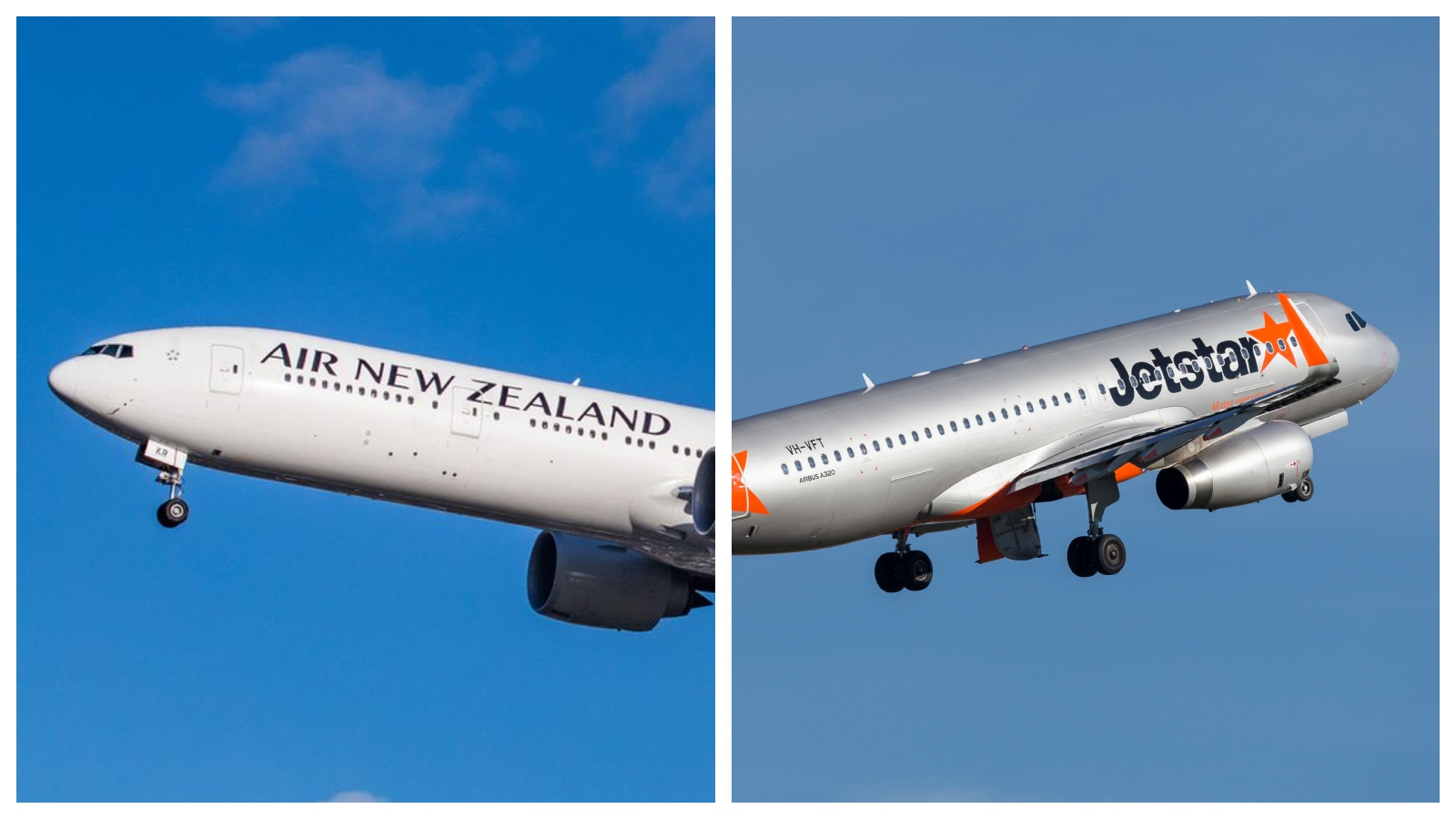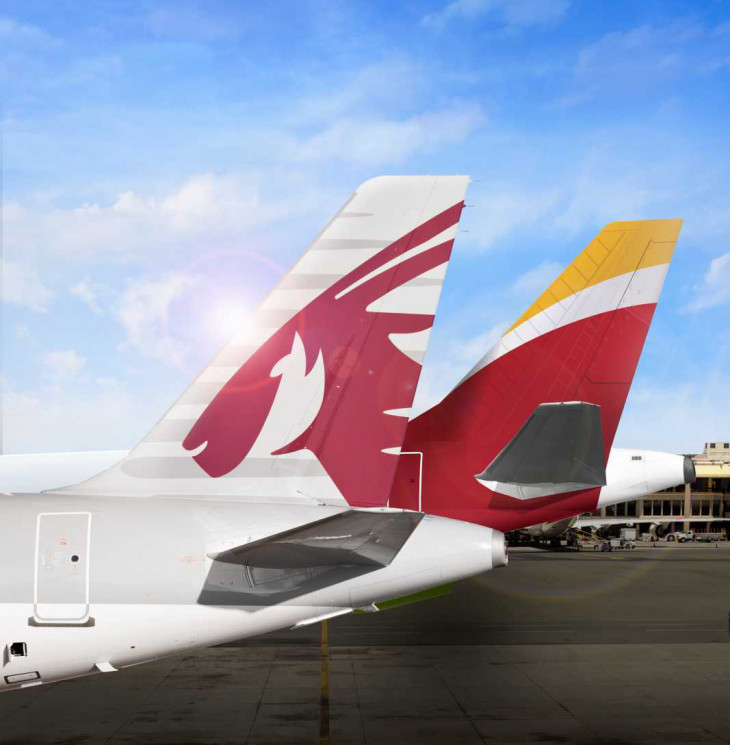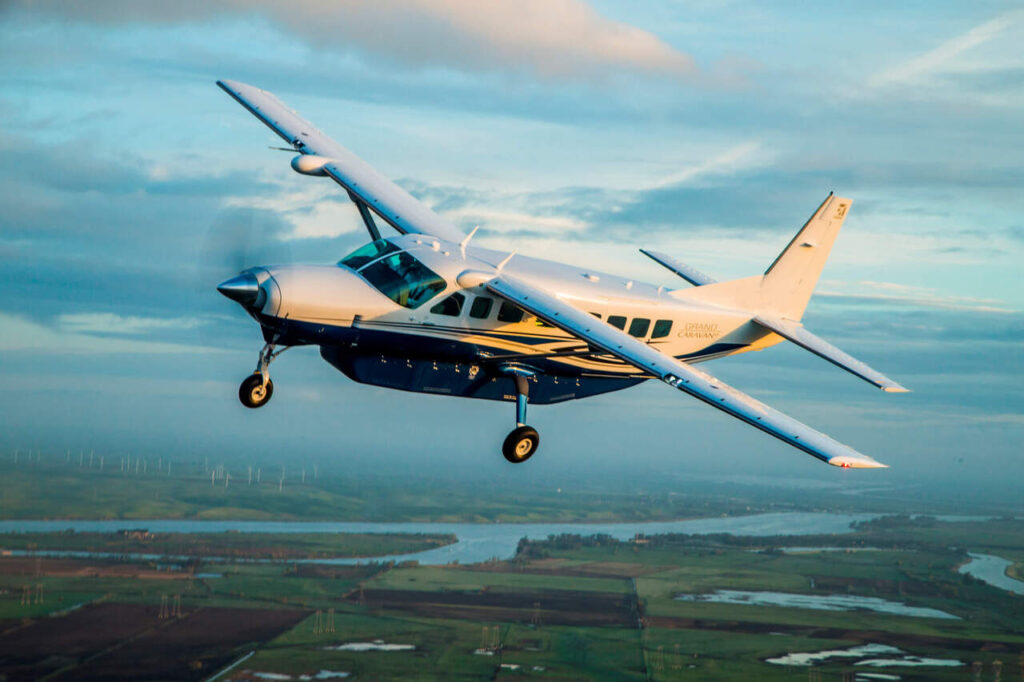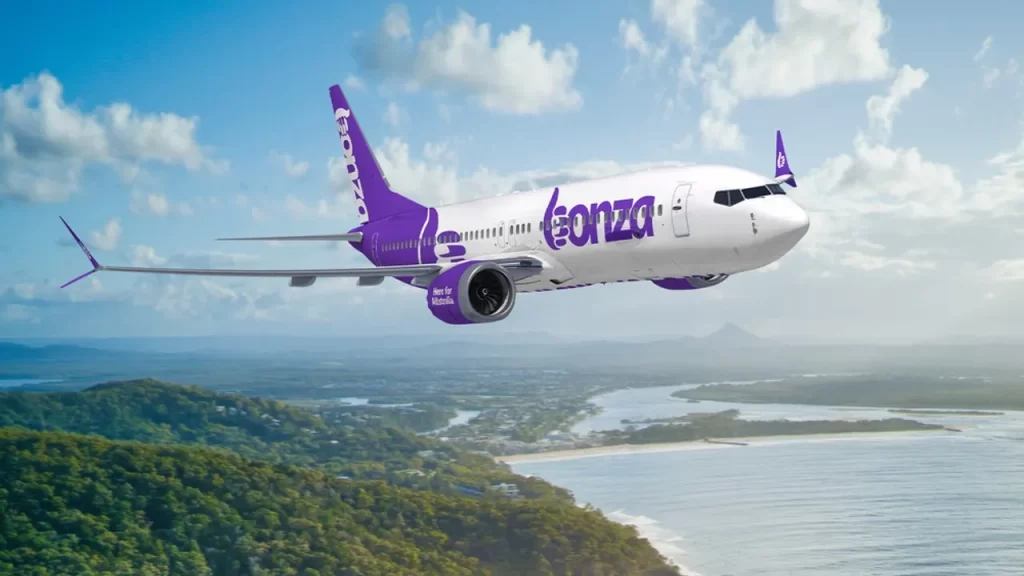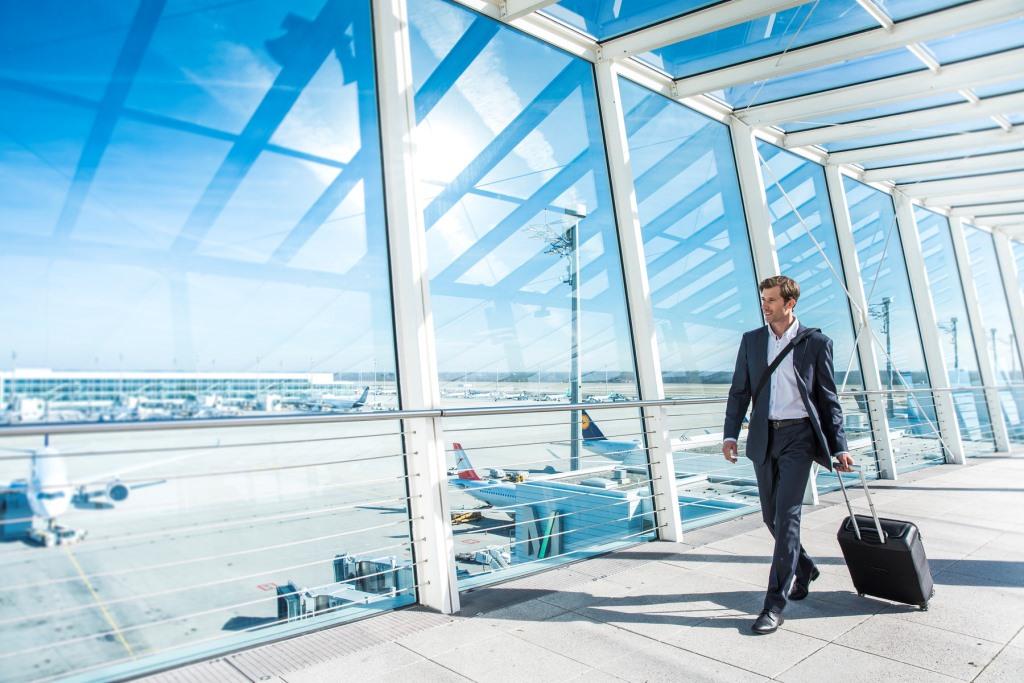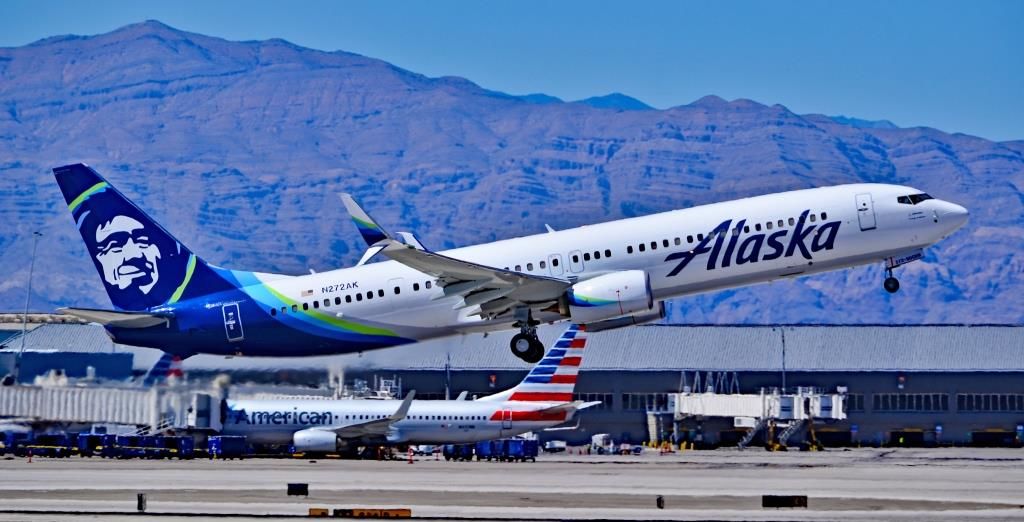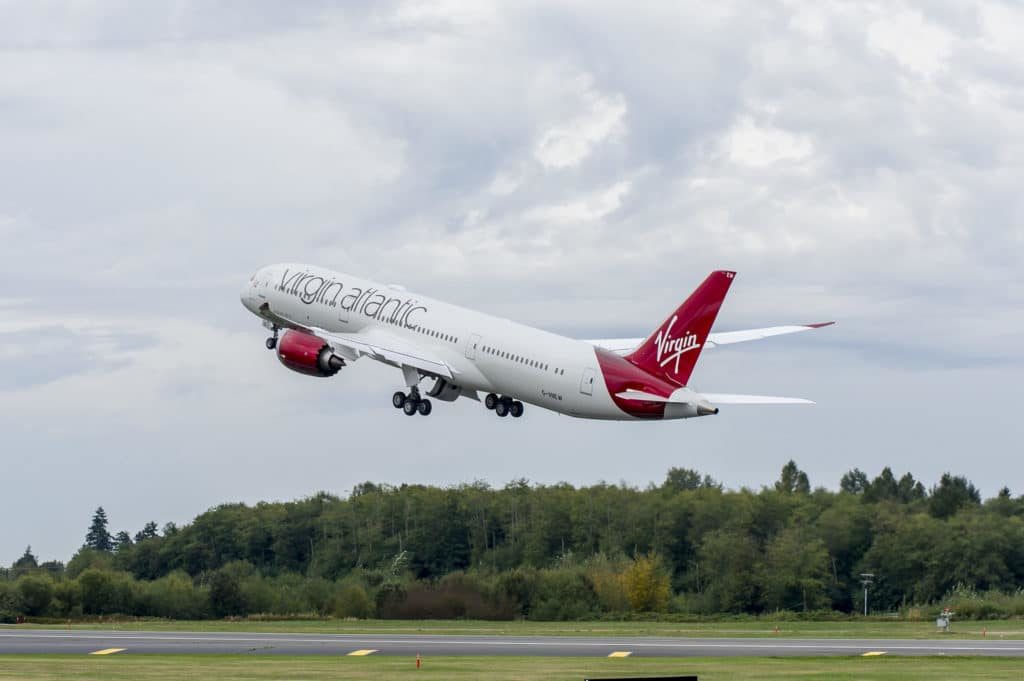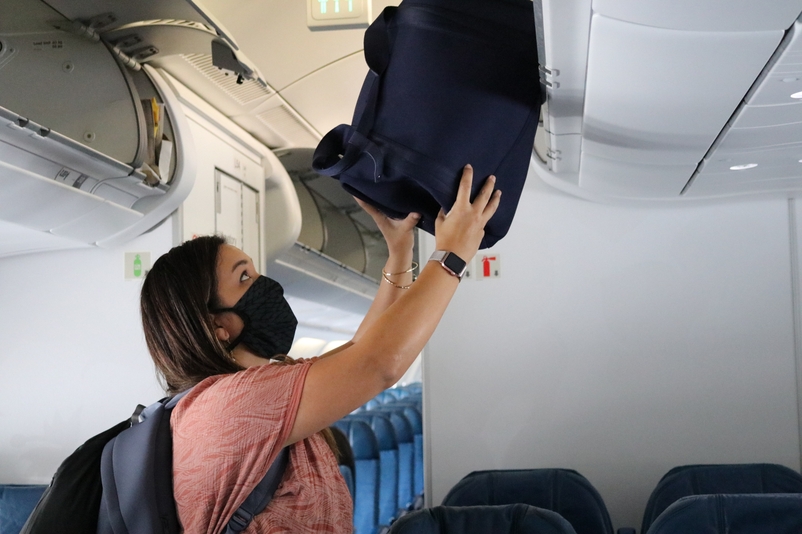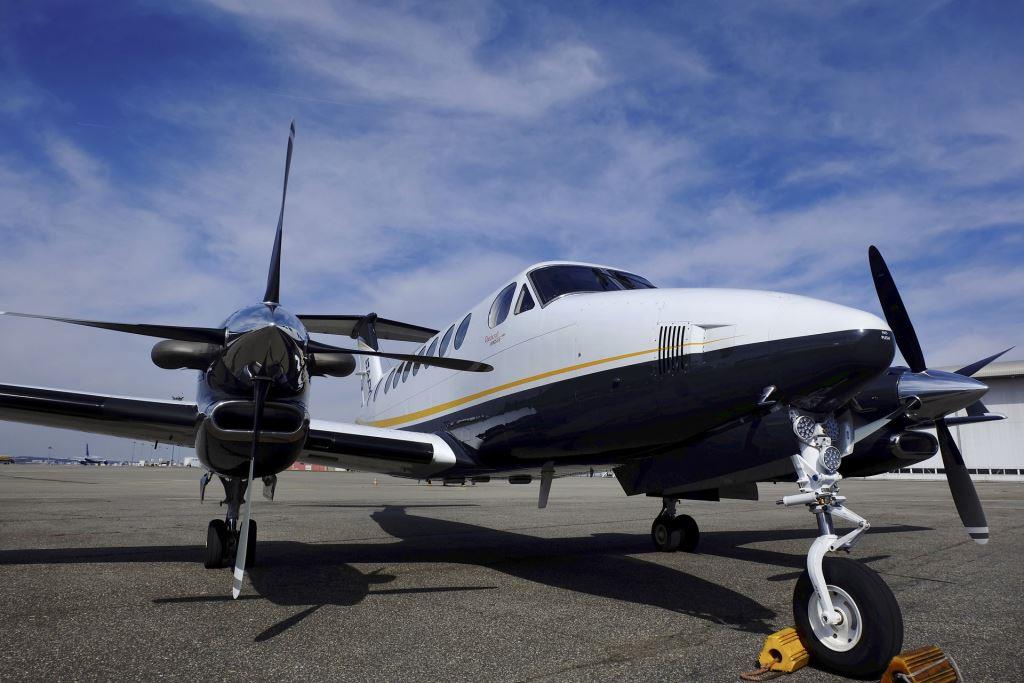Airline Ratings unveils the list of safest airlines in the world.
According to the annual ranking by the website Airline Ratingsairlin, Air New Zealand has been awarded the title of the world’s safest airline for the year 2023. The airline’s commitment to safety across a broad spectrum, paying attention to the smallest details, contributed to its success.
Jeffrey Thomas, the Chief Editor of Airline Ratings, stated that Air New Zealand secured the top position due to its “firm commitment to safety.”
The top ten safest airlines as of the beginning of 2024 are:
Air New Zealand
Qantas (Australia)
Virgin Australia (Australian budget airline)
Etihad Airways (United Arab Emirates)
Qatar Airways (Qatar)
Emirates (Dubai-based global airline)
All Nippon Airways (Japan)
Finnair (Finland)
Cathay Pacific Airways (Hong Kong)
Alaska Airlines (United States)
Other airlines recognized for their safety include SAS, Korean Air, Singapore Airlines, EVA Air, British Airways, Turkish Airlines, TAP Air Portugal, Lufthansa/Swiss Group, KLM, Japan Airlines, Hawaiian Airlines, American Airlines, Air France, Air Canada Group, and United Airlines.
These rankings reflect the dedication of these airlines to ensuring the highest safety standards in the aviation industry.
In the realm of low-cost carriers, the top spot has been claimed by the Australian airline Jetstar. The top 10 safest budget airlines are as follows:
Jetstar (Australia)
easyJet (UK)
Ryanair (Ireland)
Wizz Air (Hungary)
Norwegian (Norway)
Frontier Airlines (USA)
Vueling (Spain-based budget airline)
Vietjet (Vietnam)
Southwest Airlines (USA)
Volaris (Mexico)
Other budget airlines that made it into the top 20 safest include Flydubai, AirAsia Group, Cebu Pacific, Sun Country, Spirit, WestJet, JetBlue, Air Arabia, IndiGo, and Eurowings.
The safety rankings are determined by experts who compare safety metrics of hundreds of airlines, considering over ten criteria such as serious incidents, recent fatal accidents, regulatory and industry audits, profitability, safety initiatives, expert evaluations of pilot training, and the age of the fleet.
It’s important to note that the assessment doesn’t include events such as bird strikes, injuries due to turbulence, weather diversions, and lightning strikes, as these are events beyond the control of the airline.


